Category: Rebates & Incentives
Solar rebates has been a huge factor in the affordability and uptake of solar in Australia.
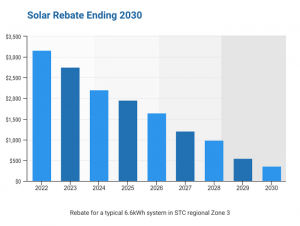
In 2011, a scheme offering rebates for solar was introduced to encourage Aussies to tap into solar energy. The government solar rebate is set to end on 31st December 2030. The Australian government decided that rather than stopping the rebate immediately, it was a better idea to phase it out gradually. The government decided that …
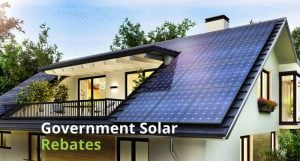
The Aussie Federal Government’s solar panel scheme doesn’t offer a straightforward discount, but as we’re about to explain, it does offer immediate savings on qualified solar installations. This initiative, named the Small Scale Renewable Energy Scheme (SRES), slashes the upfront costs of fitting solar panels by $431 per kWh. The reduction in price is tied …
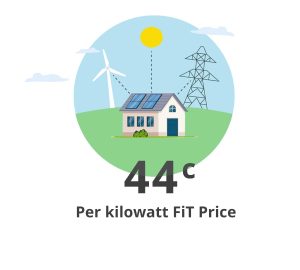
Kicked off in 2008, Queensland’s solar bonus scheme offered a 44-cent feed-in tariff (FiT) for every kilowatt-hour of excess electricity returned to the grid. This 44c FiT deal wrapped up in July 2012 and was followed by the regional FiT. The regional FiT is set by the Queensland Competition Authority each year and is paid …
Continue reading “QLD Solar Bonus Scheme – 44c feed-in tariff”

Absolutely, you’re qualified to apply for solar rebates in Queensland not just once, but twice. The eligibility for these rebates is determined by the property’s location, not who is applying. Essentially, if you own several properties, you’re allowed to claim the solar system rebate for each and every house you own. What if I want …
Continue reading “Can I Claim The Solar Rebate Twice in QLD?”
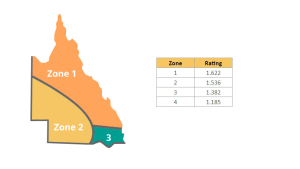
As illustrated by the map overlay presented below, Queensland covers STC zones 1, 2, and 3, with the precise zone you fall into depending on your home’s location in the state. Most of the Queensland land mass is in Zone 1, but most of the population lives in Zone 3, which covers Brisbane, Gold Coast …
Going solar is an excellent option for businesses to save money on electricity bills. However, the upfront cost of installation can be a problem, especially for small businesses. The Australian government has developed The Solar for Business Program to reduce the initial cost of installing an approved small-scale solar PV system up to 30kW. Solar …
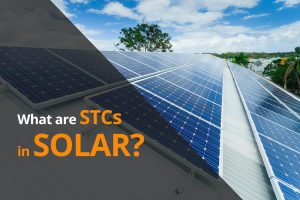
Every time your solar panel system cranks out 1 megawatt-hour of eco-friendly power, you’re rewarded with a piece known as a Small-scale technology certificate. The number of these you can collect hinges on the location of your panels, the muscle behind your system, and the timing of when you opted to hop on the renewable …
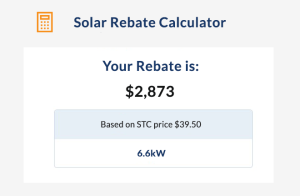
STC Solar Rebate Calculator 2025 Edition How it works To calculate the STC solar rebate you are entitled to, enter the size solar system you would like to install, your postcode, and the year you intend to install the system. Solar Rebate Calculator How is the STC rebate calculated? The STC rebate is calculated with …
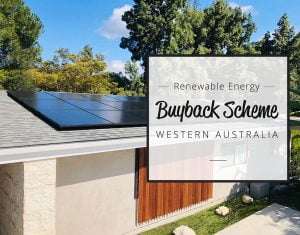
Solar panel owners in WA are benefiting from the perks offered by the Renewable Energy Buyback Scheme (REBS). The renewable energy buyback scheme applies to WA solar panel owners who do not receive a feed-in tariff. It pays 7.1350 cents per kWh of solar power exported to the grid. The REBS does not consider the …
Continue reading “Renewable Energy Buyback Scheme WA: Rates & Eligibility”
